Filter by

Expanding horizons in the history of science: the comparative approach
This book challenges the common assumption that the predominant focus of the history of science should be the achievements of Western scientists since the so-called scientific revolution. The conceptual frameworks within which the members of earlier societies and of modern indigenous groups worked admittedly pose severe problems for our understanding. But rather than dismiss them on the grounds…
- Edition
- -
- ISBN/ISSN
- 9781316516249
- Collation
- 166 p
- Series Title
- -
- Call Number
- 509.01 LLO e
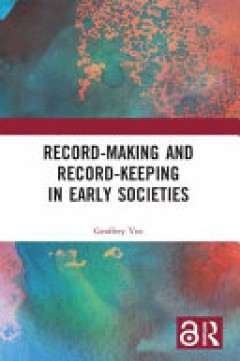
Record-making and record-keeping in early societies
Record-Making and Record-Keeping in Early Societies provides a concise and up-to-date survey of early record-making and record-keeping practices across the world. It investigates the ways in which human activities have been recorded in different settings using different methods and technologies.Based on an in-depth analysis of literature from a wide range of disciplines, including prehistory, a…
- Edition
- 8
- ISBN/ISSN
- 9780367150471
- Collation
- vii, 196 p, ill
- Series Title
- -
- Call Number
- 025.17 YEO r
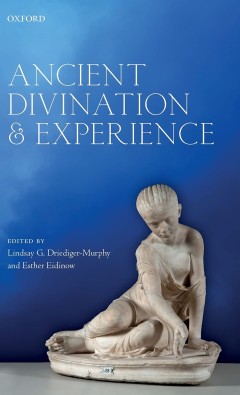
Ancient divination and experience
The introduction to this volume describes the contribution that it makes to scholarship on ancient divinatory practices. It analyses previous and current research, arguing that while this predominantly functionalist work reveals important socio-political dimensions of divination, it also runs the risk of obscuring from view the very people, ideologies, and experiences that scholars seek to unde…
- Edition
- -
- ISBN/ISSN
- 9780198844549
- Collation
- ix, 285p.
- Series Title
- -
- Call Number
- 203.2 ANC a
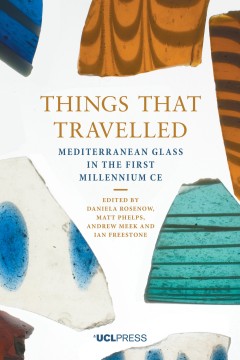
Things that travelled : Mediterranean glass in the first millennium CE
Recent research has demonstrated that, in the Roman, Late Antique, Early Islamic and Medieval worlds, glass was traded over long distances, from the Eastern Mediterranean, mainly Egypt and Israel, to Northern Africa, the Western Mediterranean and Northern Europe. Things that Travelled, a collaboration between the UCL Early Glass Technology Research Network, the Association for the History of Gl…
- Edition
- -
- ISBN/ISSN
- 9781787351172
- Collation
- xviii, 362 p. ill;
- Series Title
- -
- Call Number
- 748.20937 THI D
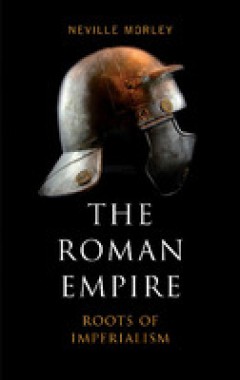
The Roman Empire; Roots Of Imperialism
A millennium and a half after the end of the period of its unquestioned dominance, Rome remains a significant presence in western culture. This book explores what the empire meant to its subjects. The idea of Rome has long outlived the physical empire that gave it form, and now holds sway over vastly more people and a far greater geographical area than the Romans ever ruled. It continues to sha…
- Edition
- -
- ISBN/ISSN
- 9781849645478
- Collation
- Knowledge Unlatched (KU)
- Series Title
- -
- Call Number
- -
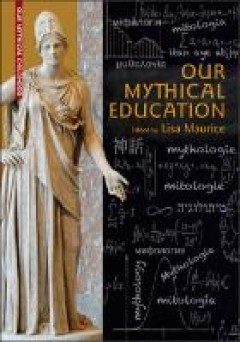
Our mythical education : the reception of classical myth wordwide in formal e…
Clearly, wherever myth forms part of an educational syllabus, value judgements have been made by those who chose the texts, with regard to content, approach, usage, emphases, purpose and many other elements. [...] the present volume examines the reception of such myth within formal education in the twentieth and twenty-first centuries […]. It focuses for the most part on school education, but…
- Edition
- -
- ISBN/ISSN
- 9788323546160
- Collation
- 582p. ; ill.
- Series Title
- -
- Call Number
- BL723 OUR m
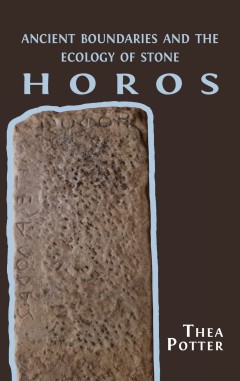
Horos : ancient boundaries and the ecology of stone
In Horos, Thea Potter explores the complex relationship between classical philosophy and the 'horos', a stone that Athenians erected to mark the boundaries of their marketplace, their gravestones, their roads and their private property. Potter weaves this history into a meditation on the ancient philosophical concept of horos, the foundational project of determination and definition, arguing th…
- Edition
- -
- ISBN/ISSN
- 9781800642683
- Collation
- xxxiii, 311p.
- Series Title
- -
- Call Number
- B188 POT h
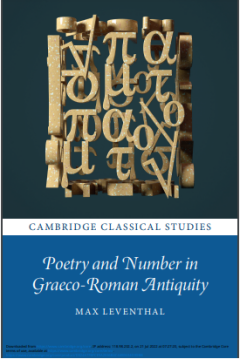
Poetry and Number in Graeco-Roman Antiquity
Poetry and mathematics might seem to be worlds apart. Nevertheless, a number of Greek and Roman poets incorporated counting and calculation within their verses. Setting the work of authors such as Callimachus, Catullus and Archimedes in dialogue with the less well-known isopsephic epigrams of Leonides of Alexandria and the anonymous arithmetical poems preserved in the Palatine Anthology, the bo…
- Edition
- -
- ISBN/ISSN
- 9781009127295
- Collation
- xi, 246p, : ill
- Series Title
- -
- Call Number
- 880.09 MAX
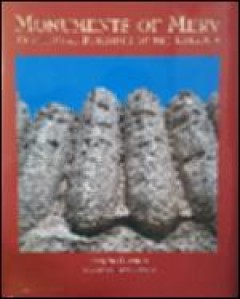
Monuments of merv : traditional buildings of the karakum
Archaeological research and ancient records have been combined in this work to provide a comprehensive account of the buildings of Merv, an oasis city in the middle of the Turkmenistani desert. Founded in the sixth century BC, Merv was a key staging post along the Central Asian trade routes linking Europe and India, and its buildings - palaces, pavilions, gardens and towers springing from the s…
- Edition
- -
- ISBN/ISSN
- 9780854312757
- Collation
- xiii. :ill. ; 260 p.
- Series Title
- -
- Call Number
- 913.42. GEO m
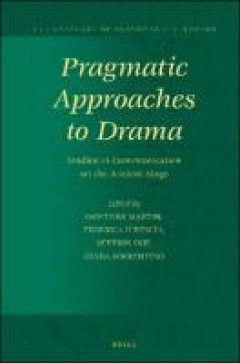
Pragmatic approaches to drama : studies in communication on the ancient stage
This volume collects papers on pragmatic perspectives on ancient theatre. Scholars working on literature, linguistics, theatre will find interesting insights on verbal and non-verbal uses of language in ancient Greek and Roman Drama. Comedies and tragedies spanning from the 5th century B.C.E. to the 1st century C.E. are investigated in terms of im/politeness, theory of mind, interpersonal pragm…
- Edition
- -
- ISBN/ISSN
- 9789004440265
- Collation
- XIII, 496 p.
- Series Title
- The Language of Classical Literature, 32
- Call Number
- 882.009 PRA p
 Computer Science, Information & General Works
Computer Science, Information & General Works  Philosophy & Psychology
Philosophy & Psychology  Religion
Religion  Social Sciences
Social Sciences  Language
Language  Pure Science
Pure Science  Applied Sciences
Applied Sciences  Art & Recreation
Art & Recreation  Literature
Literature  History & Geography
History & Geography